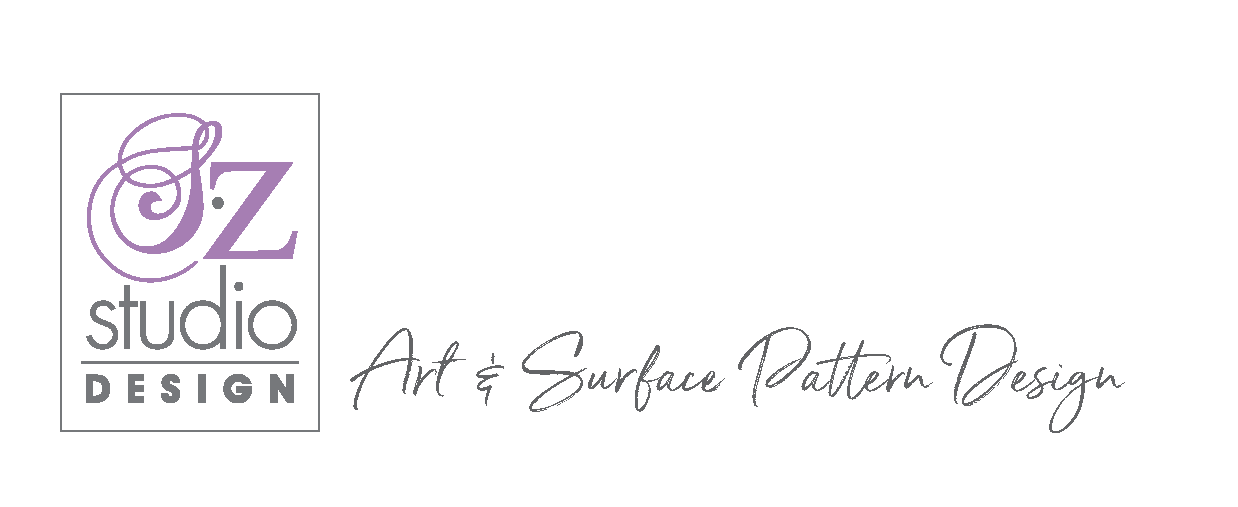How to post your art image online
1. Add Watermarks Strategically
Place a semi-transparent watermark (your name or logo) in a prominent area of the image—not just the corner—so it’s harder to crop or edit out.
Some artists also layer faint diagonal text across the image.
2. Upload Only Low-Resolution Versions
Post images at 72-100 DPI, and max 1000–1200 px on the longest side.
This keeps them good enough for viewing, but too low-res for printing or upscaling with good quality.
3. Disable Right-Click and Downloads on Your Website
Use tools or website builders (like Squarespace, Wix, or WordPress plugins) that disable right-click saving or hide image source URLs.
Note: This won't stop more tech-savvy users from taking screenshots, but it helps deter casual downloading.
4. Use Platforms with Image Protection Options
Consider:
Behance, ArtStation, and DeviantArt: Offer watermarking and display controls.
Instagram and Pinterest: Limit right-click but don't offer true protection, so watermarking is critical.
NFT Platforms (if you're into digital ownership): Help prove provenance but don't stop copying.
5. Don’t Share the Full Image
Show only a cropped or partial preview, especially for high-value pieces or prints.
Offer full views only to clients or behind a paywall (e.g., Patreon, Ko-fi).
6. Use Metadata and Copyright Notices
Add your copyright info in the image metadata using tools like Adobe Photoshop, Lightroom, or free EXIF editors.
Also include visible copyright info (e.g., "© Debi Lastname 2025") in the caption or directly on the artwork.
7. Block AI Scrapers
If you have your own website:
Add a robots.txt file to block known AI bots (like those used by OpenAI, Google, etc.).
Example:
makefileCopyEdit
User-agent: GPTBot Disallow: / User-agent: CCBot Disallow: /
Use services like Glaze or Nightshade that "poison" images to mislead AI training algorithms without affecting how they look to humans.
🚫 What Doesn't Fully Work:
Just posting “do not use” in captions or hashtags – AI scraping ignores text.
Relying on DMCA takedowns – reactive and time-consuming.
Social media platforms – they often claim licenses to use your content.
Use services like Glaze or Nightshade that "poison" images to mislead AI training algorithms without affecting how they look to humans.
🚫 What Doesn't Fully Work:
Just posting “do not use” in captions or hashtags – AI scraping ignores text.
Relying on DMCA takedowns – reactive and time-consuming.
Social media platforms – they often claim licenses to use your content.






